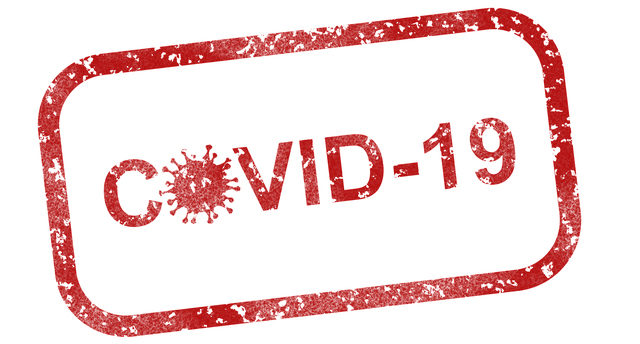By Lee Egerstrom
In a pair of announcements in late May, the Department of Health and Human Services announced it is awarding $1.25 billion to the Indian Health Service (IHS) in new funding for tribal and urban Native American hospitals, clinics and health programs fighting the COVID-19 pandemic.
The initial announcement, on May 19, said $750 million is being dispersed to tribes, tribal organizations and urban Indian organizations working within the IHS system. As part of new federal coronavirus legislation, funds are to be used to purchase, administer, process, and analyze COVID-19 tests.
Two days later, Health and Human Services announced an additional $500 million in payments to IHS’ Provider Relief Fund for tribal hospitals, clinics and urban health centers in support of their work on the virus.
Details on where the money is being distributed wasn’t immediately available. However, since the IHS announcement said distribution will be based on past patient service records, the Bemidji Area Office and Minnesota-based Native health programs are certain to be receiving additional financial support.
As of May 21, Bemidji Area Office (BAO) health programs had conducted 3,950 VOCID-19 tests, found 140 positive, and 2,328 had been declared negative. The other tests are still be analyzed.
“This is a rapidly evolving situation,” the health service said in a statement on testing. “More cases of VOCID-19 are likely to be identified in the coming days,” it warned.
It will – if increased testing has the same result at tribal and urban Indian health facilities that Minnesotans see from increased testing statewide. Confirmed Minnesota cases have increased greatly as Minnesota became a national leader in testing for the virus.
The Bemidji Area Office provides services and support for 34 federally recognized tribes and four Urban Indian Health programs in a region that includes Minnesota, Wisconsin, Illinois, Indiana and Michigan.
Included among them are three direct service programs for the Leech Lake, Red Lake and White Earth Bands of Chippewa, which house the Cass Lake and Red Lake Hospitals, and the White Earth Health Center. The latter also has partial medical services at the Naytahwaush Health Center, in Naytahwaush; and the Pine Point Health Center, at Ponsford.
Among the four Urban Indian Health programs is Indian Health Board of Minneapolis, 1315 E. 24th St. Other urban sites are in Chicago, Detroit and Milwaukee.
The Minneapolis clinic provides medical and dental care and counseling services for more than 4,800 patients each year. Data for the Cass Lake Hospital, which is the Cass Lake Indian Health Service Unit of the federal Indian Health Services, has about 400 hospital patients each year and serves more than 97,700 out patients annually, including at its pharmacy; and more than 7,600 dental visits.
Based on demonstrated health services, stepped up COVID-19 federal programs and testing should be reach all the hospital programs, tribal health programs, urban programs and contract health programs supported by the health service’s Bemidji Area Office.







